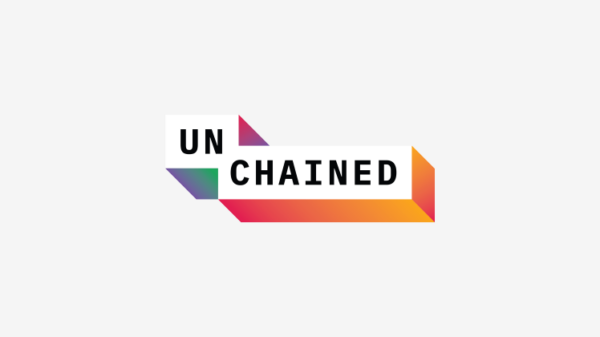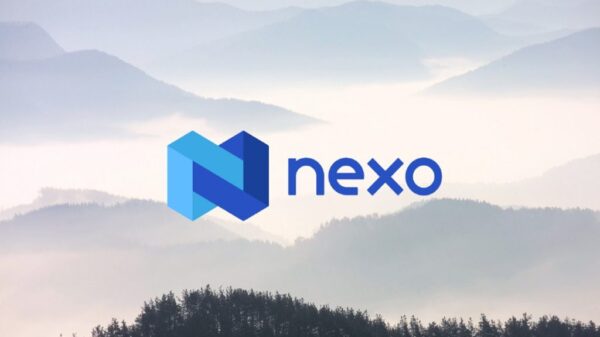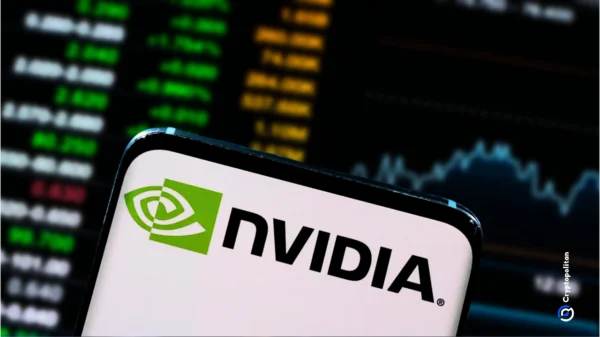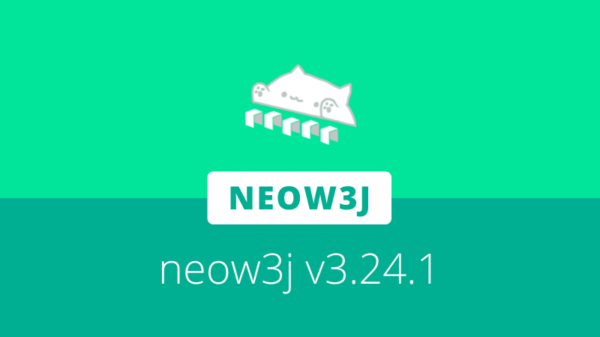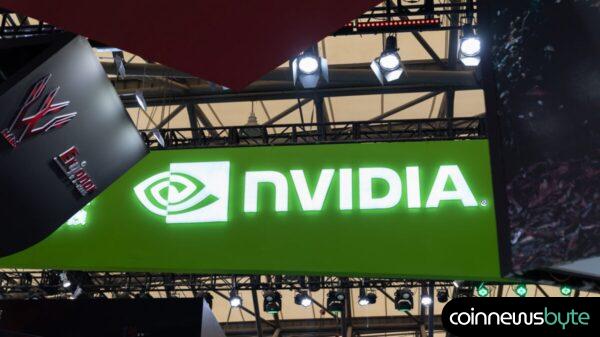The Ethereum network has achieved a remarkable milestone, reaching a new all-time high in transaction throughput. Over the last week, the blockchain has processed an impressive average of 24,192 transactions per second (TPS), marking the highest throughput ever recorded on a seven-day basis. This surge is a testament to the significant scalability advancements stemming from recent upgrades and the integration of Layer-2 solutions.
As the network experiences this unprecedented spike in throughput, all eyes are now set on the upcoming Fusaka upgrade, which is slated for early December. Experts anticipate that this upgrade will further enhance Ethereum”s efficiency and promote wider adoption within the ecosystem.
Breaking New Ground with Throughput
Ethereum”s latest throughput records highlight a major breakthrough in its operational capabilities. Recent analyses indicate that the network consistently achieved a sustained 24,192 TPS, a benchmark that has never been seen before in the ecosystem. Much of this increased capacity can be attributed to Layer-2 scaling solutions, particularly the recently launched Lighter rollup, which independently manages around 4,000 TPS—significantly higher than the typical 100 to 200 TPS processed by the Ethereum base layer.
The combination of Lighter and various other rollups has considerably expanded Ethereum”s total transaction capacity. This record also reflects the ongoing progress made by recent protocol upgrades, specifically the April 2025 Dencun hard fork, which was designed to enhance both throughput and efficiency. Analysts are noting that the Dencun changes are yielding positive results, with Ethereum increasingly becoming known as the “world computer and decentralized economic engine” that is now “scaling exponentially,” according to industry experts.
Impact of Upgrades and Future Outlook
The roadmap of upgrades and new software implementations is clearly propelling the boost in capacity for Ethereum. Following the Dencun upgrade, further efficiency gains are expected from Layer-2 rollups like Lighter. Launched in early October, Lighter has quickly emerged as a significant driver of throughput, processing approximately 4,000 TPS. This is in stark contrast to the limited capacity of the legacy Ethereum base layer.
As Ethereum continues to offload transactions to Lighter and similar networks, its overall processing power has surged to new heights. Crypto news outlets have noted that this collective throughput represents the highest ever recorded for Ethereum, illustrating the effectiveness of both protocol improvements and newly established scaling infrastructures. Looking ahead, developers are linking these throughput gains to future upgrades, with data confirming that Ethereum”s scaling initiatives, such as enhanced data availability and smaller proofs from Dencun, are taking effect.
Transaction fees have also begun to decline, while block utilization across the network has seen an uptick. Such developments indicate that Ethereum”s long-anticipated promise of scaling to thousands of TPS is becoming a tangible reality.
With throughput on the rise, the community is eagerly awaiting the Fusaka upgrade, which is expected to go live in early December. This upgrade is designed to further boost Ethereum”s scalability, improve user experience, and enhance security. Key features will focus on upgrading data storage and execution efficiency, with many in the Ethereum ecosystem hopeful that Fusaka will lead to lower gas costs and even greater throughput.
Market analysts are already speculating on the potential impact of the Fusaka upgrade. There are expectations of notable price gains following the upgrade due to improved adoption and enhanced network efficiency. However, despite the record levels of throughput, traders have remained relatively cautious, with Ethereum”s price reflecting only modest fluctuations. Currently, ETH is trading near $3,186, indicating a decline of approximately 5.7% over the previous 24 hours, amidst trading activity that has also seen a sharp drop of about 60%, down to roughly $23.4 billion.











